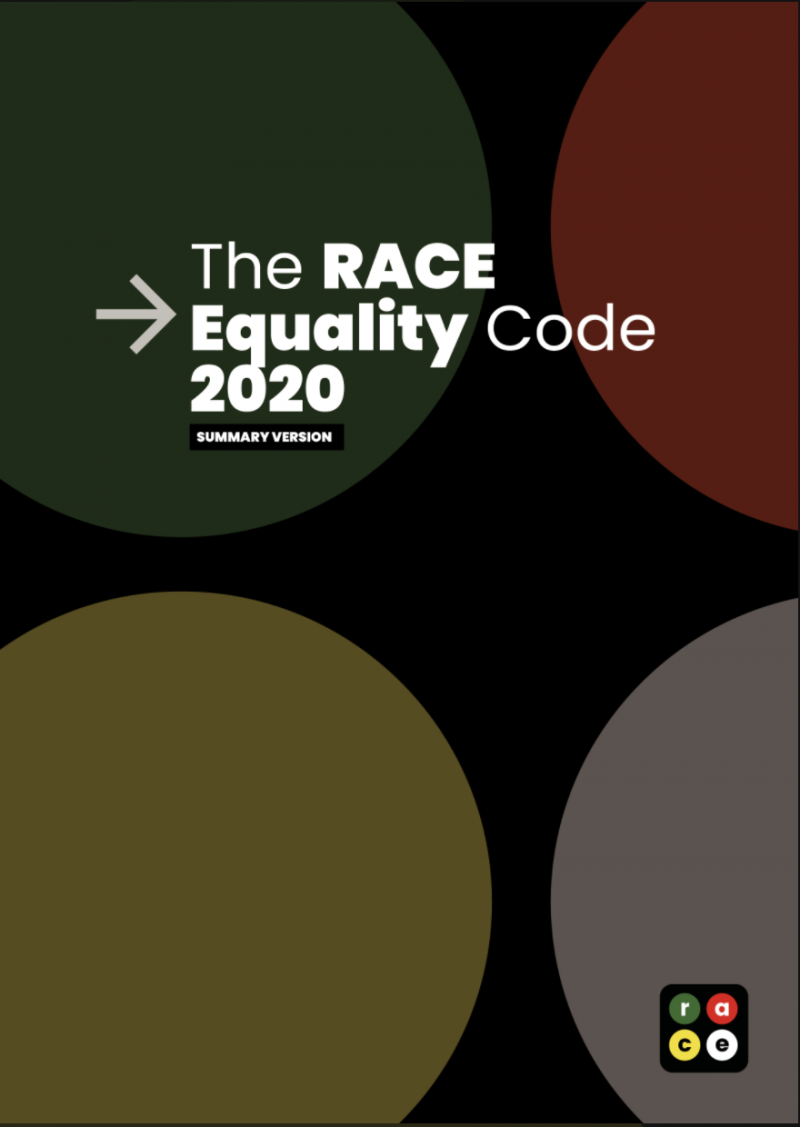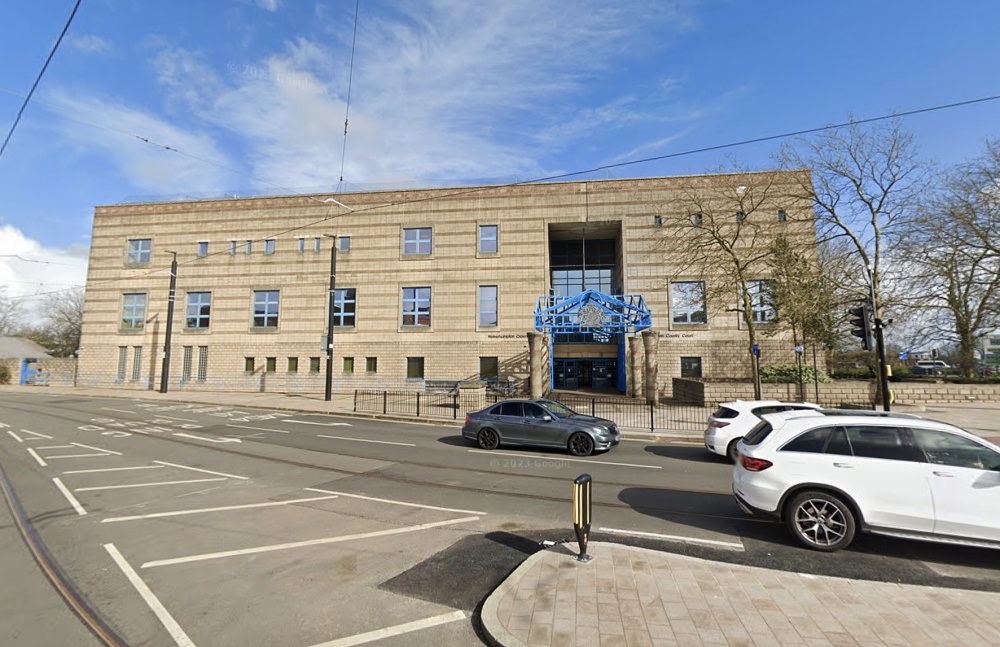Birmingham City Council adopts new RACE code to tackle boardroom racial inequality

Following the launch of the RACE Equality Code 2020, Birmingham City Council has announced that it will become an early adopter of the framework to tackle racism and racial inequality.
Developed by Dr Karl George MBE following the death of George Floyd in the United States and the global Black Lives Matter campaign, it draws together over 200 recommendations outlined in reports, charters and pledges which aim to tackle diversity and inclusion challenges
As Black History Month draws to a close, leading governance experts and proponents of race equality are launching an accountability framework to assist boards in promoting race equality. The RACE Equality Code 2020 draws together over 200 recommendations outlined in reports, charters and pledges which aim to tackle diversity and inclusion challenges.
According to the council, the RACE Code does not create new obligations but does provide one set of standards and an overarching accountability framework based on current laws, codes and best practice.
It streamlines existing recommendations into actions for organisations and their workforces across every sector, adopting a simple yet robust ‘apply and explain’ approach as part of its four key principles: Reporting, Action, Composition and Education (RACE).
 Supplied
Supplied Dr Karl George MBE, who runs Birmingham-based the Governance Forum, said: “The long-overdue need to tackle a woeful lack of racial diversity in the leadership of many of our organisations is finally getting the attention it deserves.
“Real change only happens when you are able to influence leadership – the board and executive management – and hold organisations to account. So, the focus of the RACE Code is firmly on how we deal with race inequity in the boardrooms and senior leadership teams of the UK.
“Black workers with degrees earn 23.1% less on average than white workers. In Britain, only 5.7% of black people work as managers, directors and senior officials, compared with 10.7% of white people.”
Part of the RACE code recommends four core principles to enact change in the workplace: Reporting, Action, Composition and Education.
Four key RACE principles for change:
- A clear commitment to be transparent and to disclose required and concise information and updates on the progress of RACE initiatives across the organisation. Openness and transparency for all stakeholders will be valued and actively pursued in order to create the environment for change.
- A list of the measurable actions and outcomes that contribute to and enable a shift in the organisation’s approach to and success in delivering change. Without a set of targets and detailed plans for their achievement, change will not happen, and organisations will not be accountable.
- Identifying the key indicators that will make a real impact over the long-term, creating tangible differences to the existing landscape around race diversity of the board and senior leadership team. The narrative around what is acceptable needs to change through dialogue, and this may lead to uncomfortable but necessary decisions which the organisation is committed to having, hearing and making.
- Developing a robust education framework that develops the ethical and moral reasoning behind a programme of development for every organisation (using the Principles). Perspectives need to be challenged and prejudices and systemic and institutional practices acknowledged.
In an open letter being sent today to Prime Minister Boris Johnson and ministerial colleagues, those behind the RACE Equality Code state:
“Racial tensions being played out across the world have brought new focus to the lack of racial diversity in the leadership of many organisations… we are at a critical juncture in history with a real opportunity to target the embedded practice and consequences of structural racism. It is imperative that we act at this tipping point on race equality.”
 BCC
BCC Cllr John Cotton, cabinet member for Social Inclusion, Community Safety and Equalities at Birmingham City Council, added: “We live in one of Britain’s most diverse cities, and yet opportunities for too many of our citizens continue to be limited as a result of their race, class, gender, economic circumstances or a combination of these factors.
“Recent events have continued to demonstrate to us this injustice and there is much work we need to do to redress that imbalance. However, for the council to become an early adopter of the RACE Equality Code 2020 is an important step forward.
“I am a strong believer that as a local authority, we need to be setting a good example and acting in our role as civic leaders for our city. This will play a vital role in ensuring that the council is reflective of those it serves.”
Details on the RACE Code can be found at: www.theracecode.org.

























